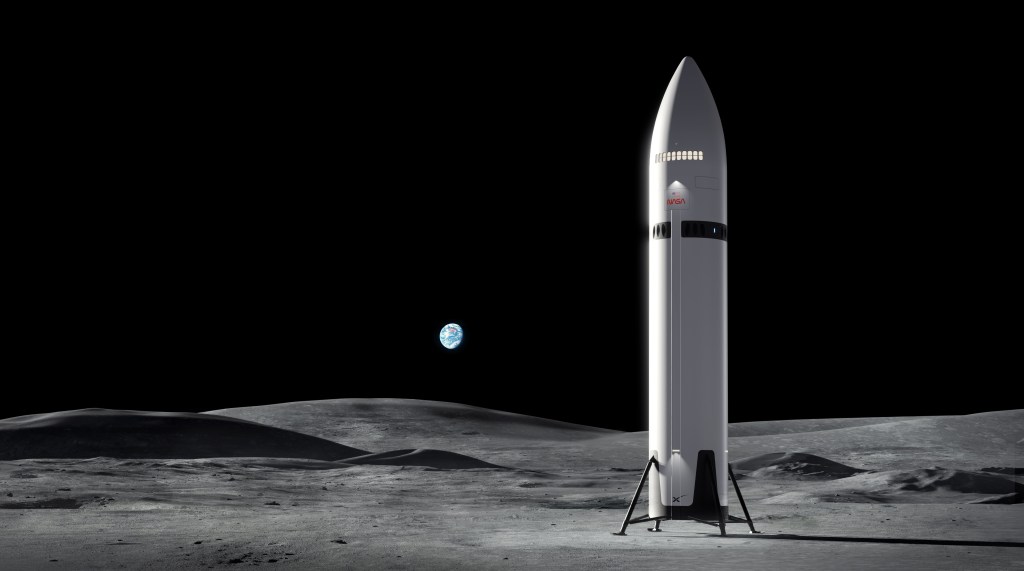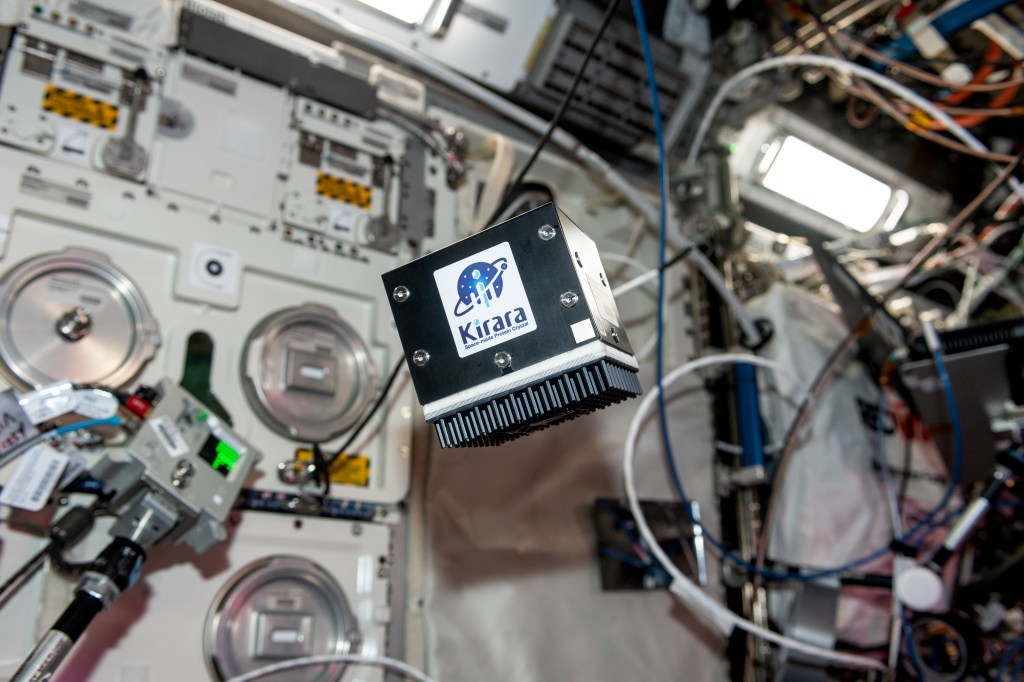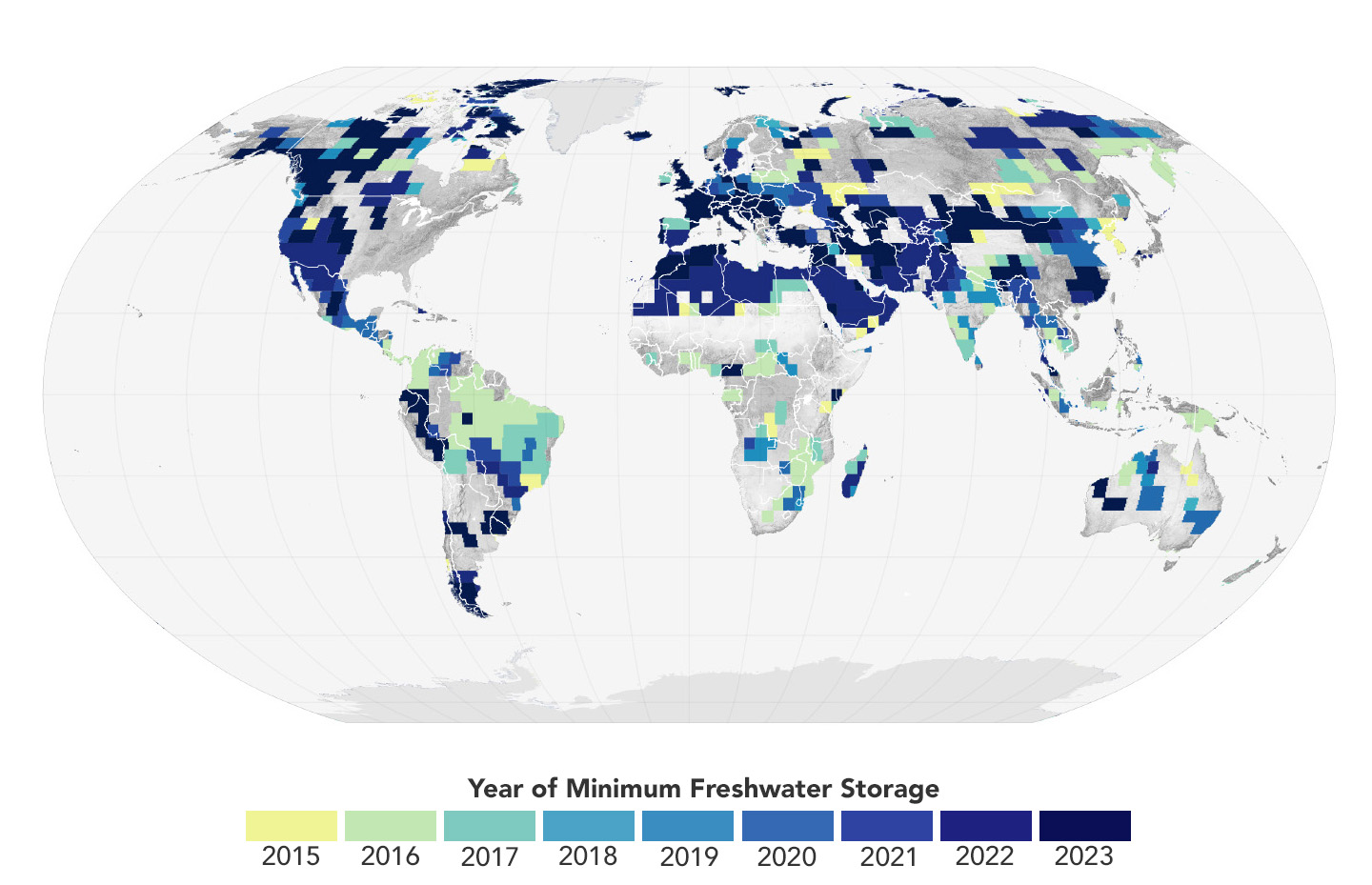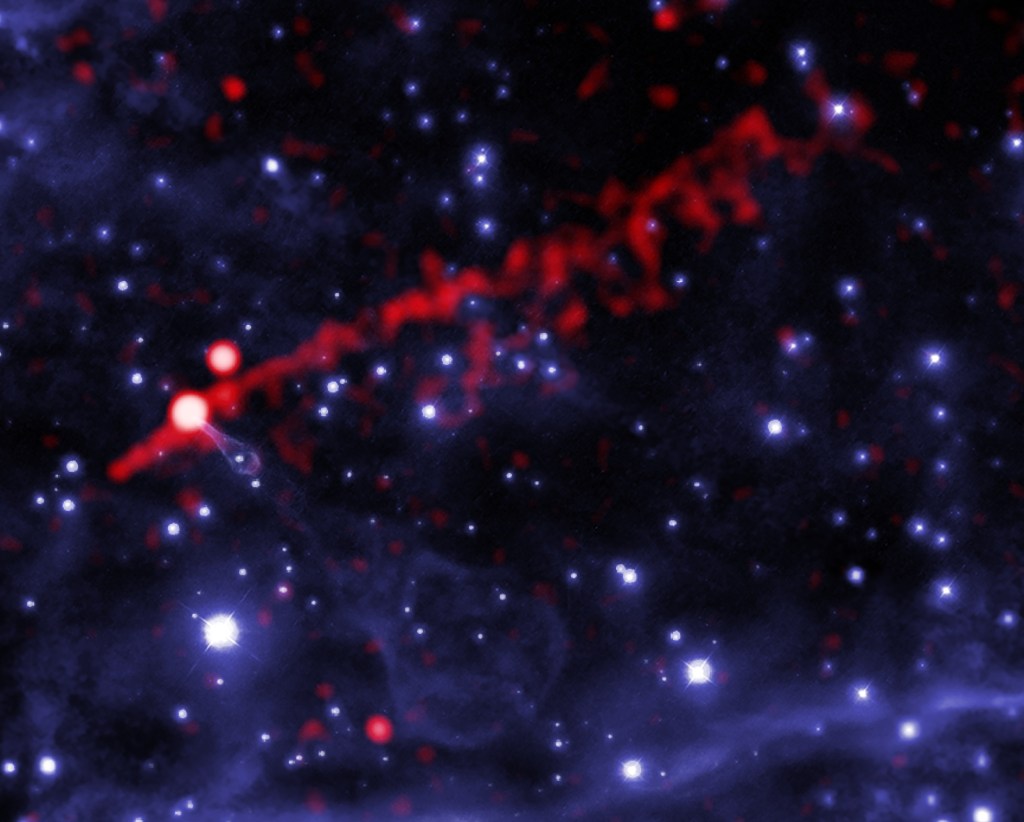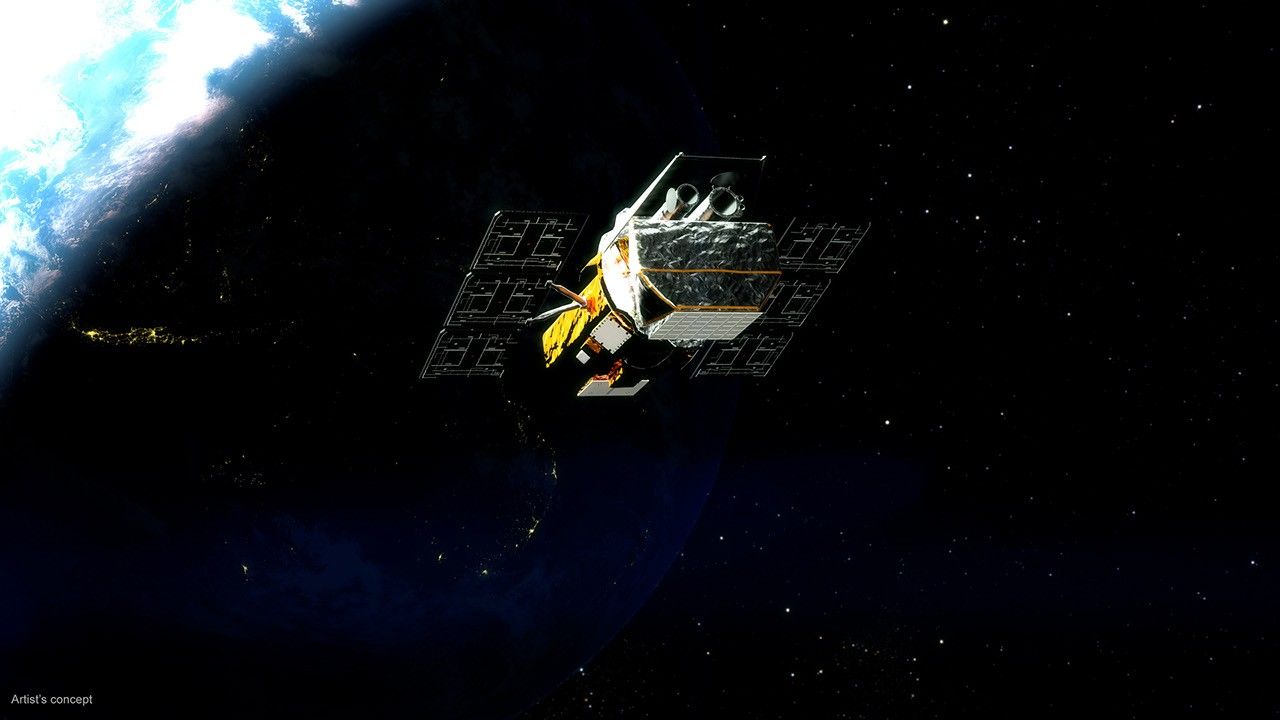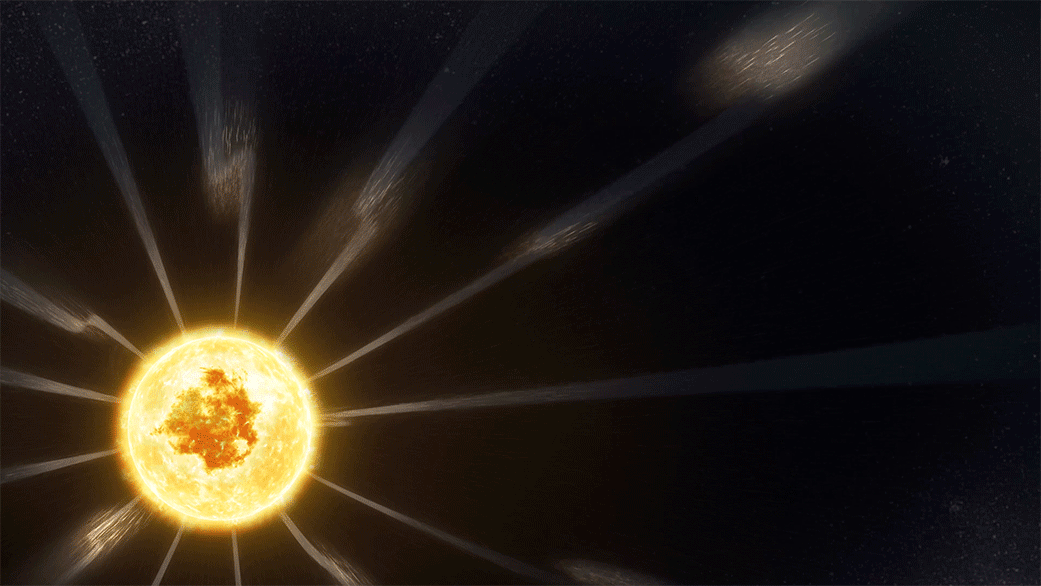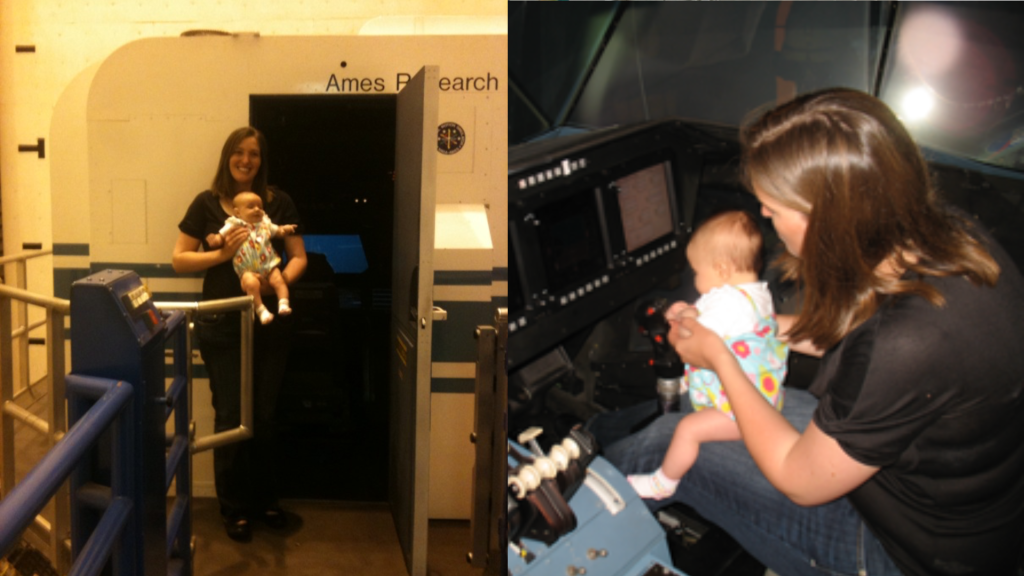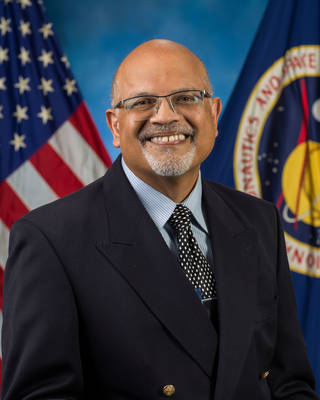
Dr. Christopher N. D’Souza
NASA Technical Fellow for Guidance, Navigation and Control
Dr. Christopher D’Souza currently serves as the NASA Technical Fellow for Guidance, Navigation and Control. He joined the NASA/Johnson Space Center in 2005 serving as the Deputy Branch Chief, beginning in 2009, of the GNC Autonomous Flight Systems Branch where he led a group of 22 engineers responsible for the onboard Guidance, Navigation and Targeting of crewed vehicles. In 2014 he was selected to be the Navigation Technical Discipline Lead for Human Spaceflight.
His professional career began at the Jet Propulsion Laboratory in 1985 as a maneuver analyst for the Magellan and Galileo missions. In 1991 he began working for the U.S. Air Force Research Laboratory at Eglin AFB developing trajectory optimization methods and advanced guidance laws for air-to-air and air-to-surface vehicles. He was the GNC lead for the first air-to-surface missile that used Differential GPS. In 1996 he began working at the Draper Laboratory in Cambridge on guidance and navigation algorithms for rendezvous and capture (and docking), primarily for the (2005) Mars Sample Return Mission. Since 2005, he has worked at the Johnson Space Center, primarily on the Orion Guidance and Navigation system. He is the principal architect of the Orion onboard navigation system consisting of four separate navigation filters, which flew successfully on Artemis I. He was the lead developer of the linear covariance (LinCov) toolset which has been used extensively in the design of the Artemis missions as well as on other missions. He has developed guidance laws for planetary landing, rendezvous and intercept. He has over 100 conference and journal publications.
He received a B.S. and M.S. degree from the University of Illinois at Urbana-Champaign and a Ph.D. from the University of Texas, all in Aerospace Engineering, with a focus on optimal control theory and optimal estimation theory. He has served on numerous AIAA and AAS committees and is an Associate Editor of the AIAA Journal of Guidance, Control and Dynamics. He is an AIAA Fellow (2023), and AAS Fellow (2019) and has received the AIAA Mechanics and Control of Flight Award (2020) and the AAS Dirk Brouwer Award (2022). He has received numerous Directors Commendation Awards, numerous Artemis I awards, and the NASA Software of the Year Award for the Orion Exploration Mission 1.
He lives in Houston with his wife, Connie. They have two adult daughters, Olivia and Anna.





